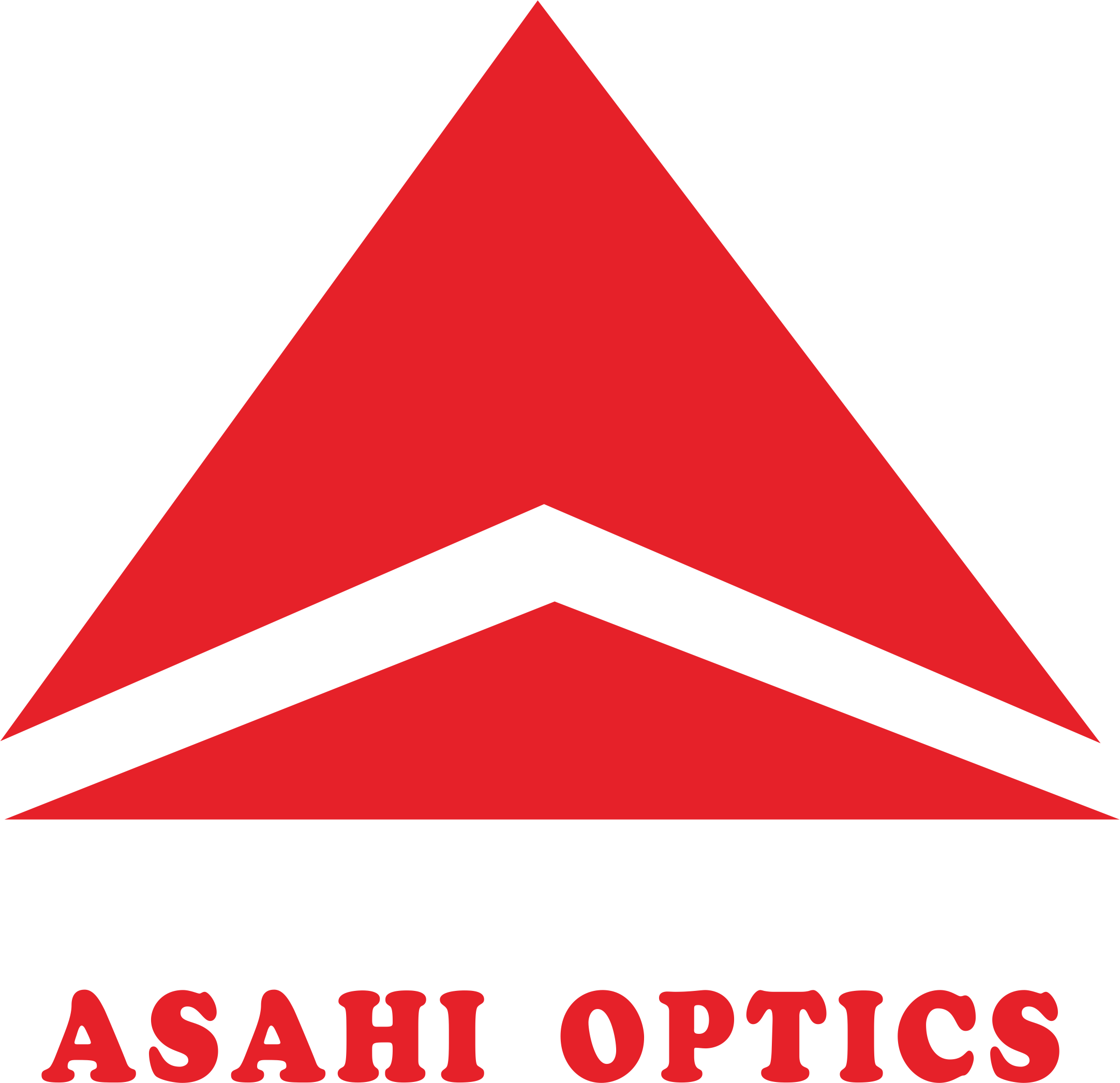The Town of Berlin, locates in Connecticut, U.S., recently kicks of a LED light conversion project, targeting at switching about 2,500 streetlights.
The conversion will be repaid with utility-provided rebates and the expense saved form lower energy consumption. The authorities provides answers to several frequently asked questions, listed as below.
Berlin LED Streetlight Conversion Project
Frequently asked questions
1. What kind of streetlights does Berlin currently use?
The majority of streetlights currently used in Berlin are High Pressure Sodium (HPS) lights. While HPS is one of the most common streetlight technologies across the country, it has several drawbacks. HPS streetlights are not very energy efficient, cast an orange light under which it is difficult to see color, and tend to produce light that is not of optimal quality.
2. What are LED streetlights?
Light Emitting Diodes (LED) are a technology that has been used in solid state lighting for decades. More recently, LED technology has advanced to streetlight applications. LED streetlights are extremely energy efficient, have long life spans, and produce a better color and quality of light than typical High Pressure Sodium (HPS) streetlights.
3. What color of light are LED streetlight fixtures?
Contrary to the orange light that High Pressure Sodium (HPS) fixtures produce, LED streetlight fixtures are a cooler, white light under which it is easier to see true colors.
4. Why do the new LED fixtures appear to be dimmer?
Although the new LED fixtures produce a different looking light than the HPS fixtures they replaced, they are not actually dimmer. HPS fixtures tend to produce a bright spot directly underneath the fixture, whereas LEDs create a more even pool of light across the ground or roadway.
5. Why is Berlin doing an LED streetlight conversion project?
Berlin is interested in reducing its energy consumption and maintenance costs associated with streetlighting. Installing LED streetlight fixtures will save energy, require less maintenance, and will provide citizens with better light quality on streets and roadways.
6. How many streetlights is Berlin replacing with the LED streetlight conversion project?
This project will replace approximately 2,500 streetlights throughout Berlin, most of which are standard streetlights (called “cobra heads.”)
7. How much will Berlin likely save when it upgrades to LED streetlight fixtures?
The project is expected to save Berlin over 700,000 kilowatt hours and approximately $330,000 in energy costs in the first year after the project is implemented.
8. How long will the project last?
The project began in May 2015 with a city-wide audit that provided precise locations and characteristics of all existing streetlights. The audit is being followed by installation of the new, energy efficient LED streetlight fixtures, which will begin on May 30 and will run through the end of July.
9. What are the benefits of the LED streetlight fixture project?
The benefits of this project to Berlin include:
Reduced energy consumption resulting in energy savings and reduced Greenhouse Gas emissions
Reduced maintenance costs
Better visible light for Berlin citizens
10. What is Berlin doing with all of the streetlights it is removing?
The existing High Pressure Sodium (HPS) streetlights will be recycled in accordance with all federal and state environmental guidelines.
11. Who is the contact for additional questions about the LED streetlight conversion project?
For more information about the LED Streetlight Conversion project, please contact James Horbal, Deputy Director of Public Works for the Town of Berlin, at (860) 828- 7069 or [email protected]


